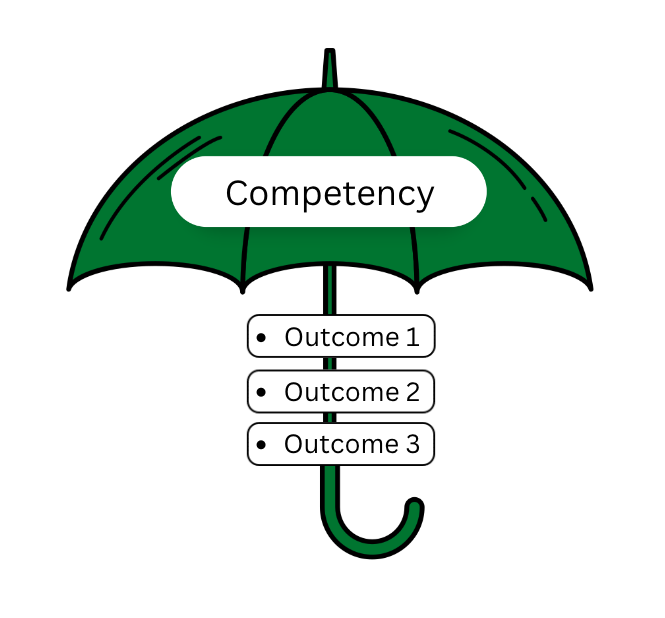Undergraduate Student Engagement Underpins Success of Indigenous Philosophy Class
 “There is a big ethical problem in approaching teaching the normal way when there is such a history of injustice. Normally, a professor who has a minimal familiarity with logic or some philosophical tradition would still be qualified to teach, for instance, an introductory logic class,” Regnier said about the challenges he faced designing and teaching a class on Indigenous philosophy.
“There is a big ethical problem in approaching teaching the normal way when there is such a history of injustice. Normally, a professor who has a minimal familiarity with logic or some philosophical tradition would still be qualified to teach, for instance, an introductory logic class,” Regnier said about the challenges he faced designing and teaching a class on Indigenous philosophy.
Instead of following the traditional model, Regnier co-designed and co-taught the 2012-13 offering of Phil 115 with senior undergraduate student of philosophy Erica Lee, who is Nehiyaw (Plains Cree). The collaborative teaching style practiced by Regnier and Lee included inviting members of the on- and off-campus Aboriginal community into the class to share their perspectives and expertise. Lee said she found that “students were interested in the community part of education and in reaching out for support that is obviously lacking elsewhere on campus.” The sense of community created by Lee and Regnier’s collaborative teaching style helped students open up and engage in discussion. That the students responded by becoming engaged was pivotal to the class’ success. Lee said, “good philosophy is discussion. You can’t have philosophy without discussion.”
When asked to talk a bit about what Indigenous philosophy is, Lee said, “Indigenous knowledge is critical thought. It is composed of different traditions yet there is also contemporary Indigenous thought.” Because Indigenous cultures and their systems of thought have evolved and are not static, or located only in a text, Regnier said, “it is important to bring in the community or you’ll be out to lunch on the whole thing.”
“Indigenous philosophy is about community and collaboration,” Lee said about the importance of establishing a collaborative and community-minded classroom. Regnier noted that this way of teaching philosophy – as not only a body of content but as a way of life, can also be found in the ancient Greek understanding of philosophy as a practice and a way of being in the world. A similarly comparative analysis can be made of core, introductory philosophical topics such as personhood, identity and knowledge that would be taught in any class about western philosophy. As such, Phil 115 was not only a collaboration of people, but also of ideas.
“It was such a wonderful experience. To be given that responsibility was empowering and amazing. It is something I’m very lucky to have been involved with,” said Lee. The experience was rewarding for Regnier as well, who said, “you always say, as a teacher, that you learn from your students. This experience was different. It was clear from this case that I truly learned from my students. Teaching in this way meant students felt empowered and engaged.”


